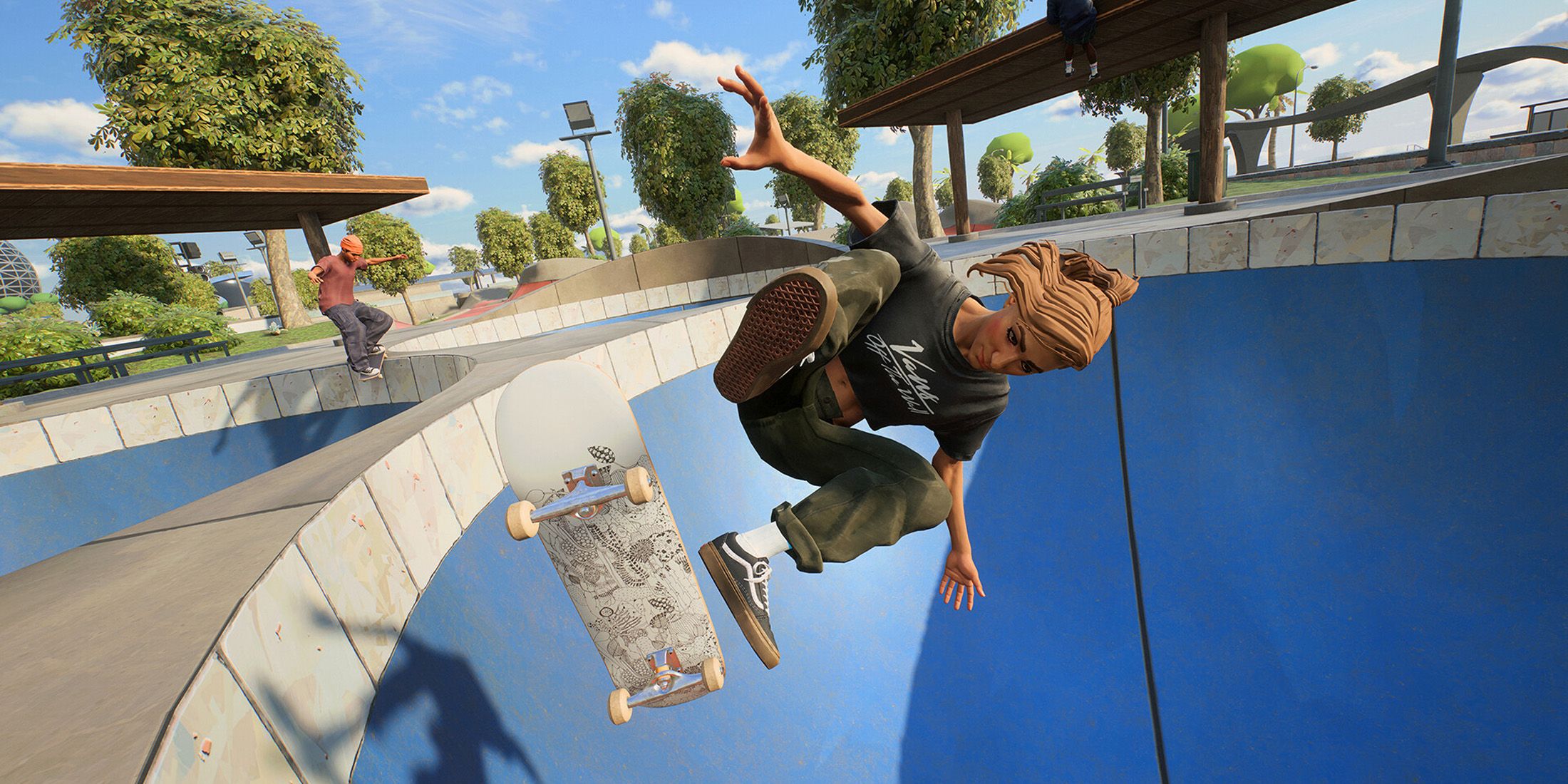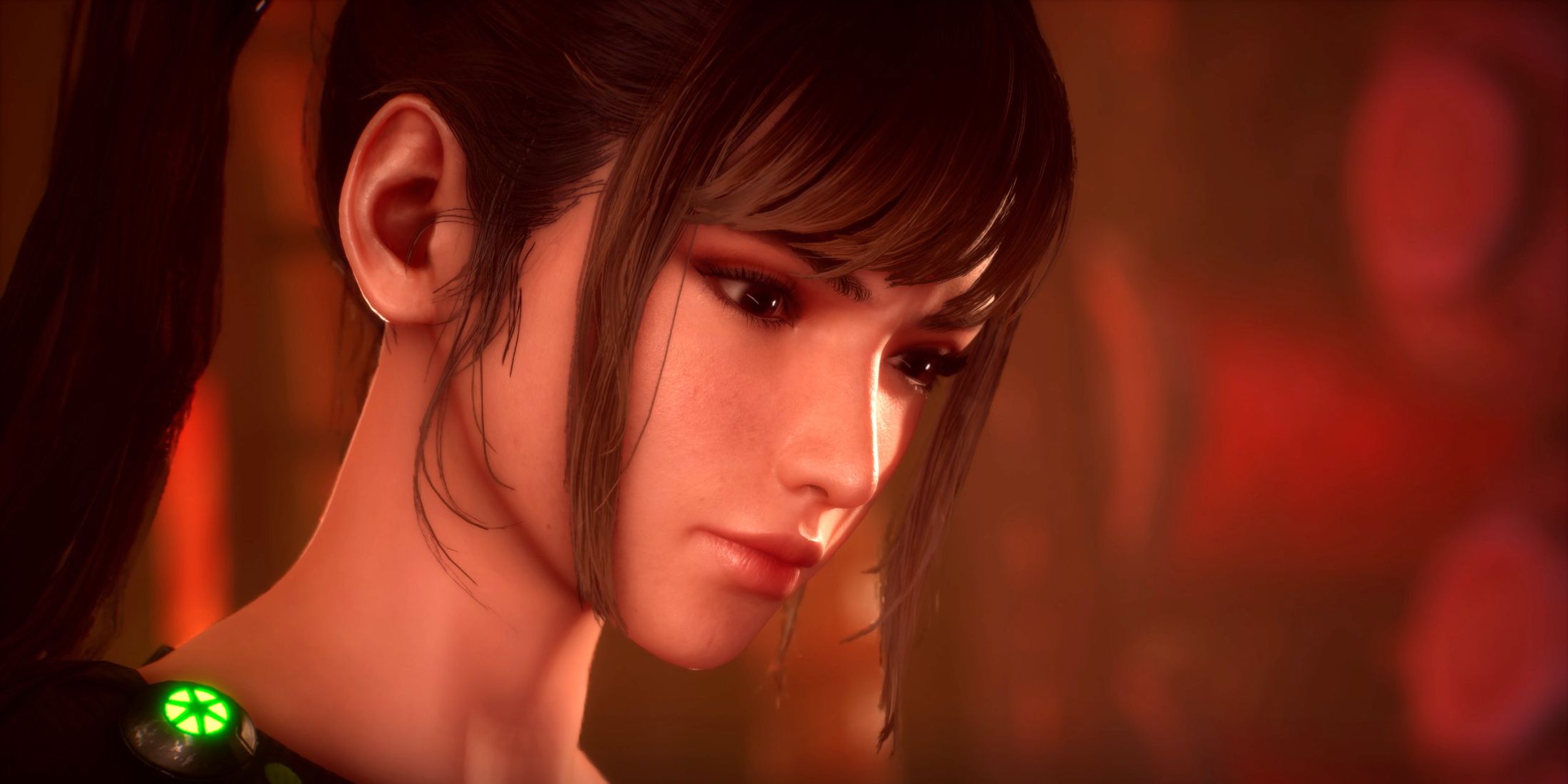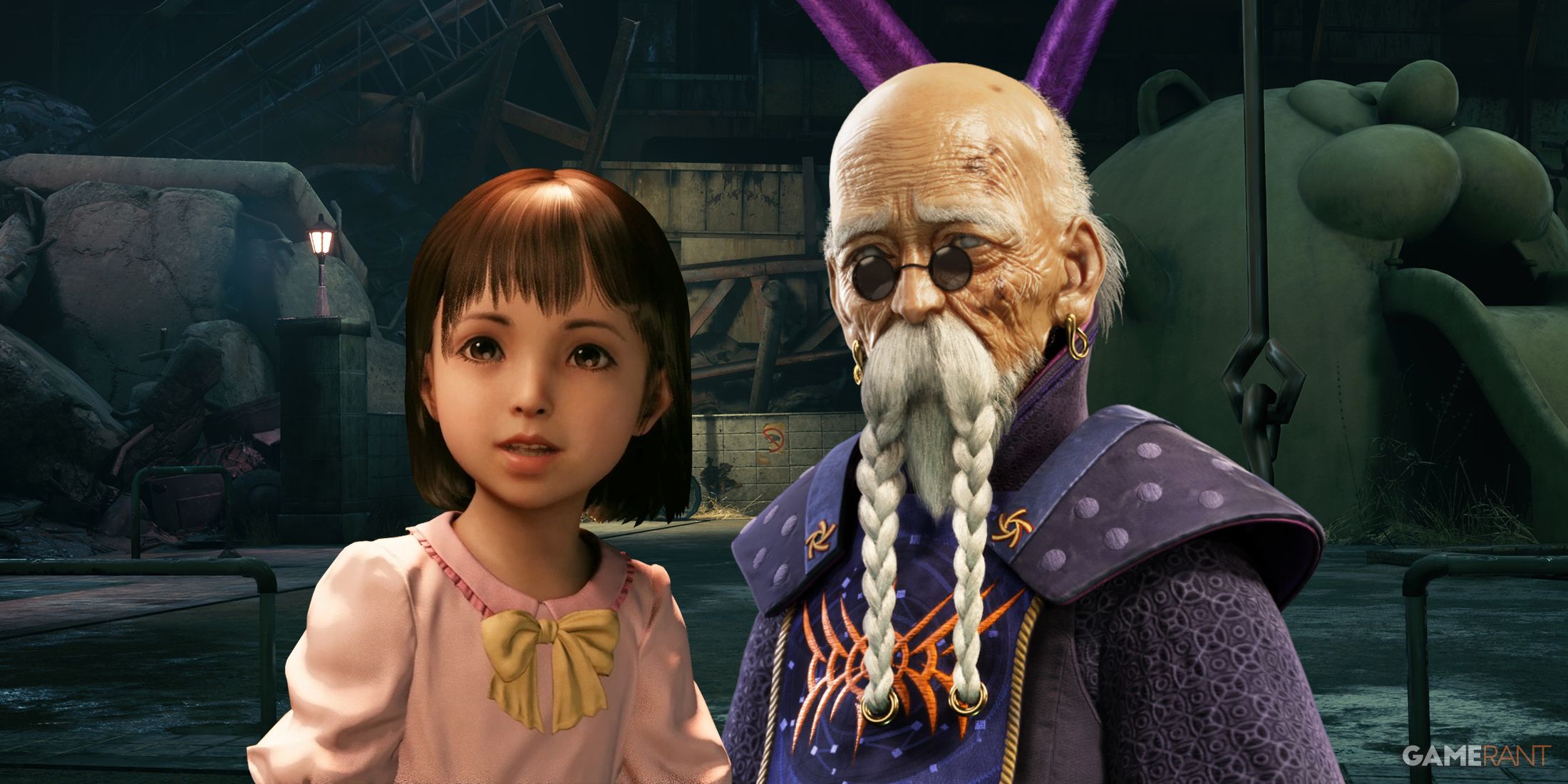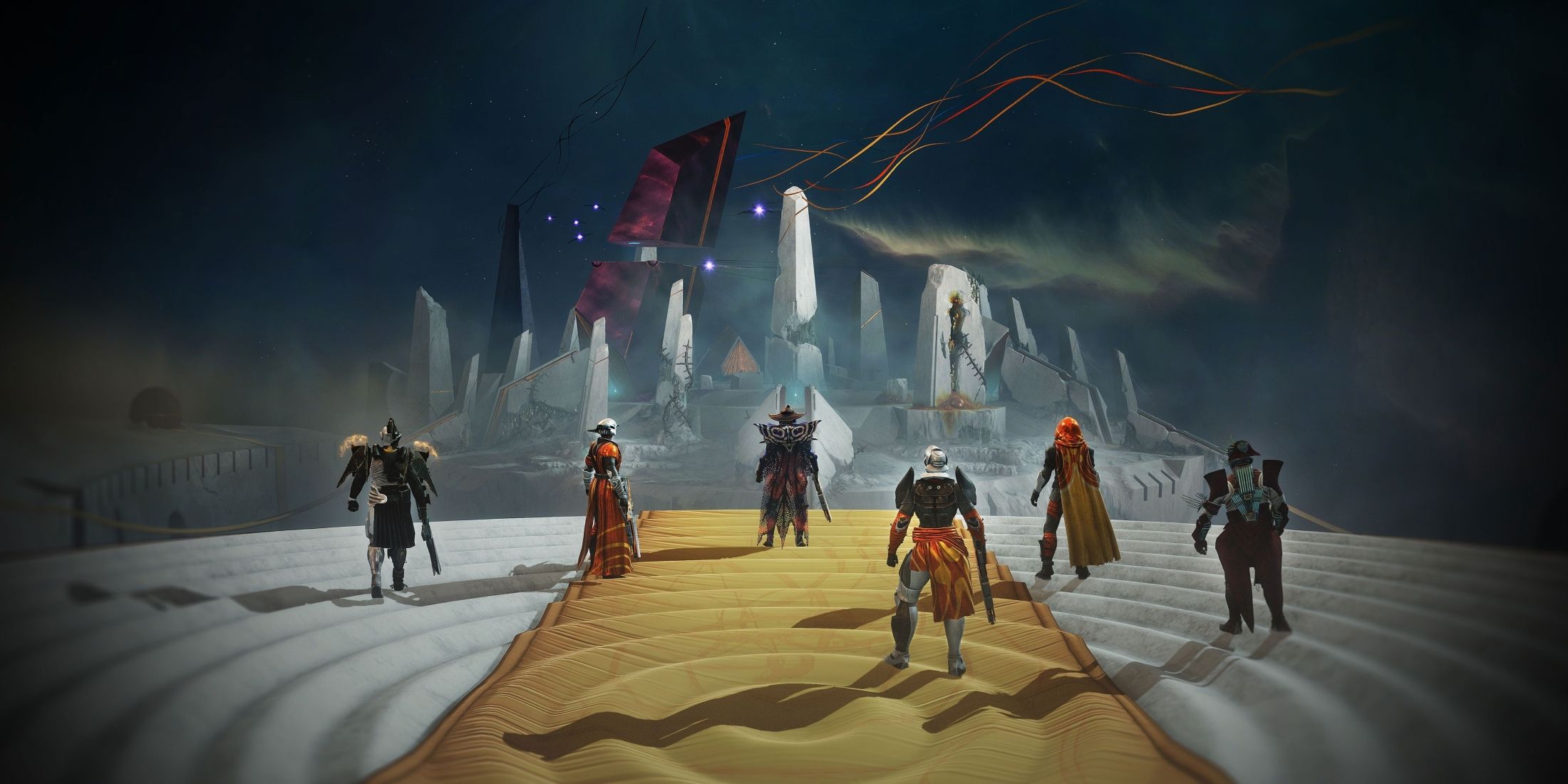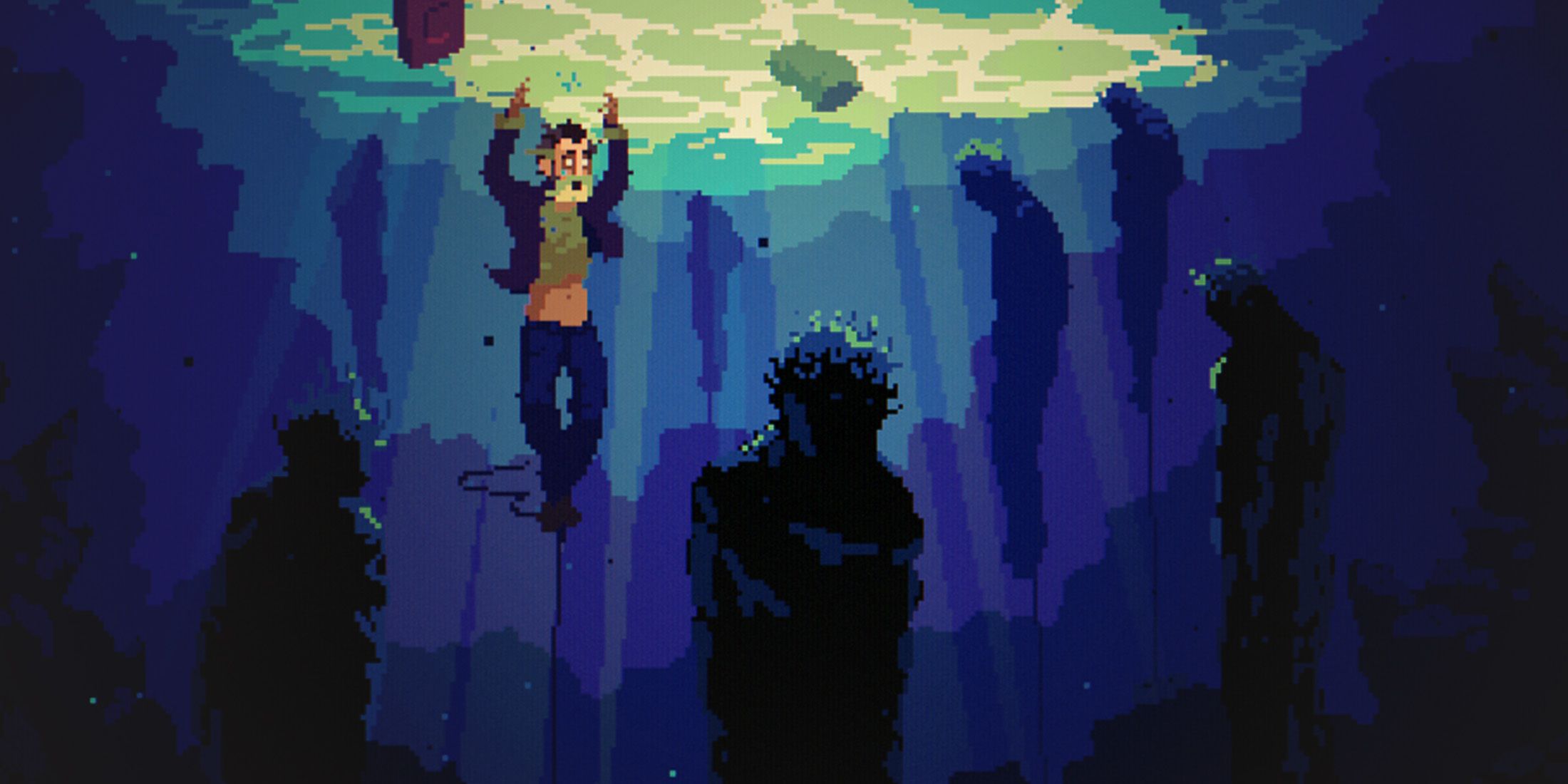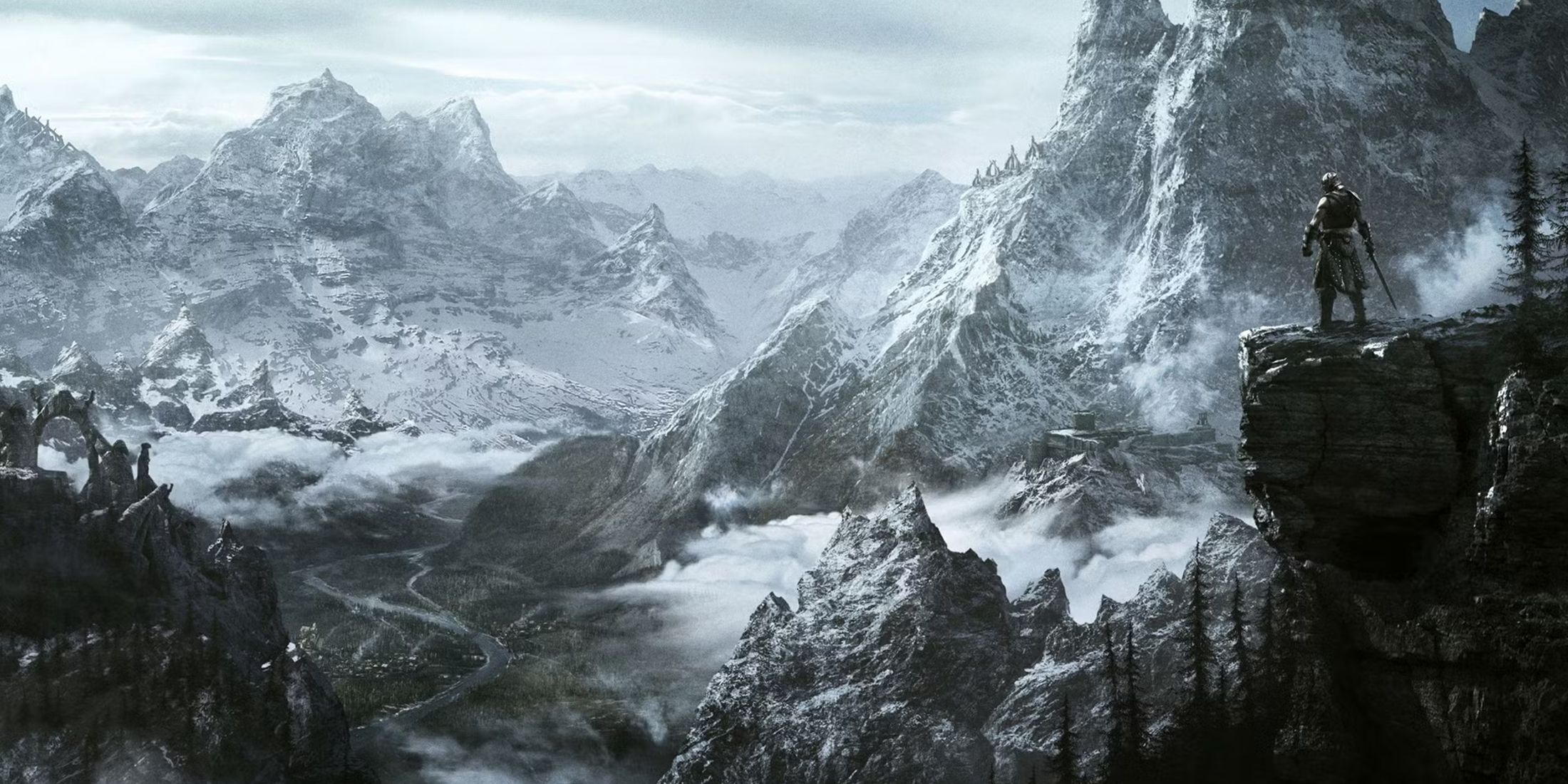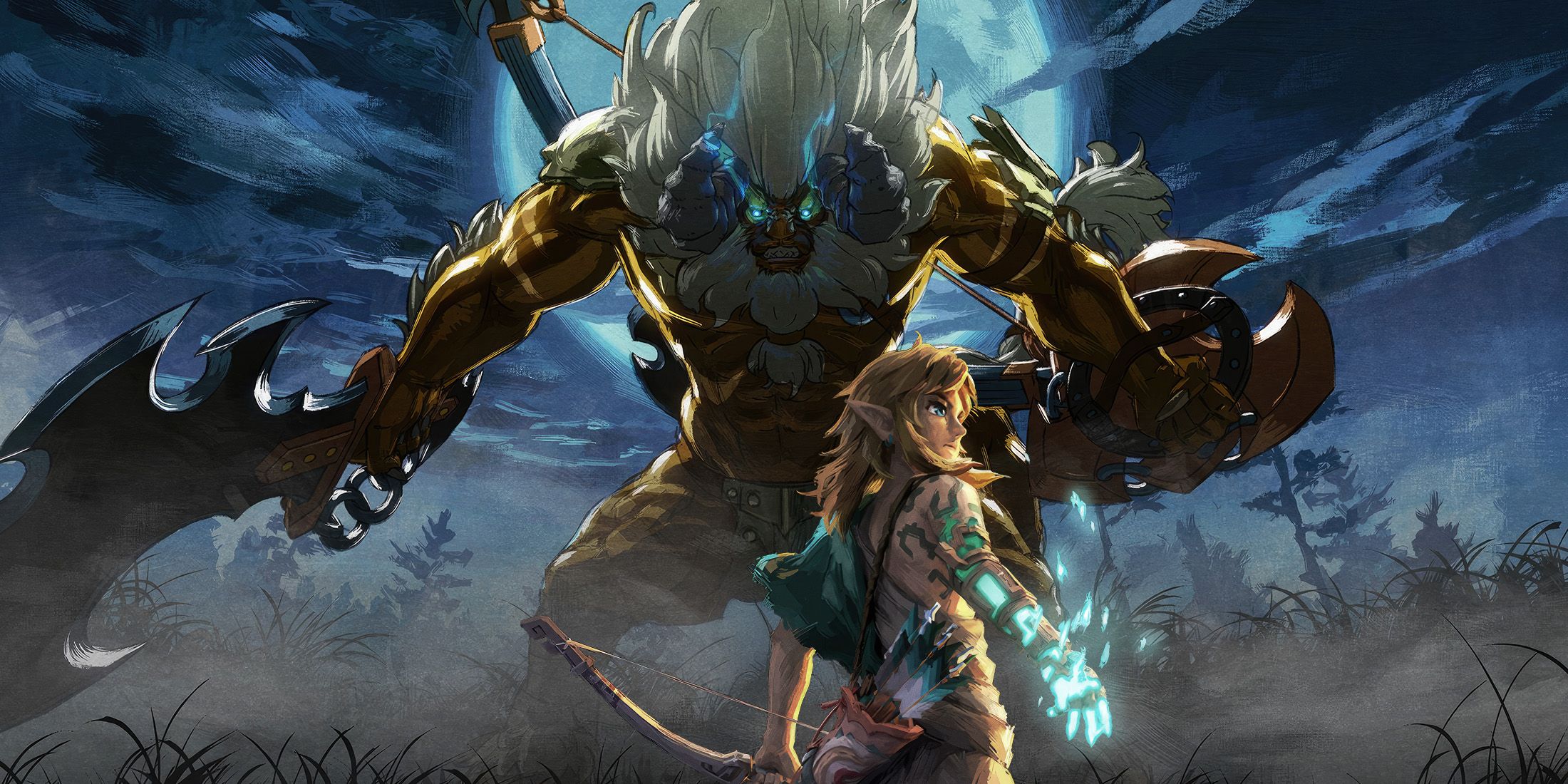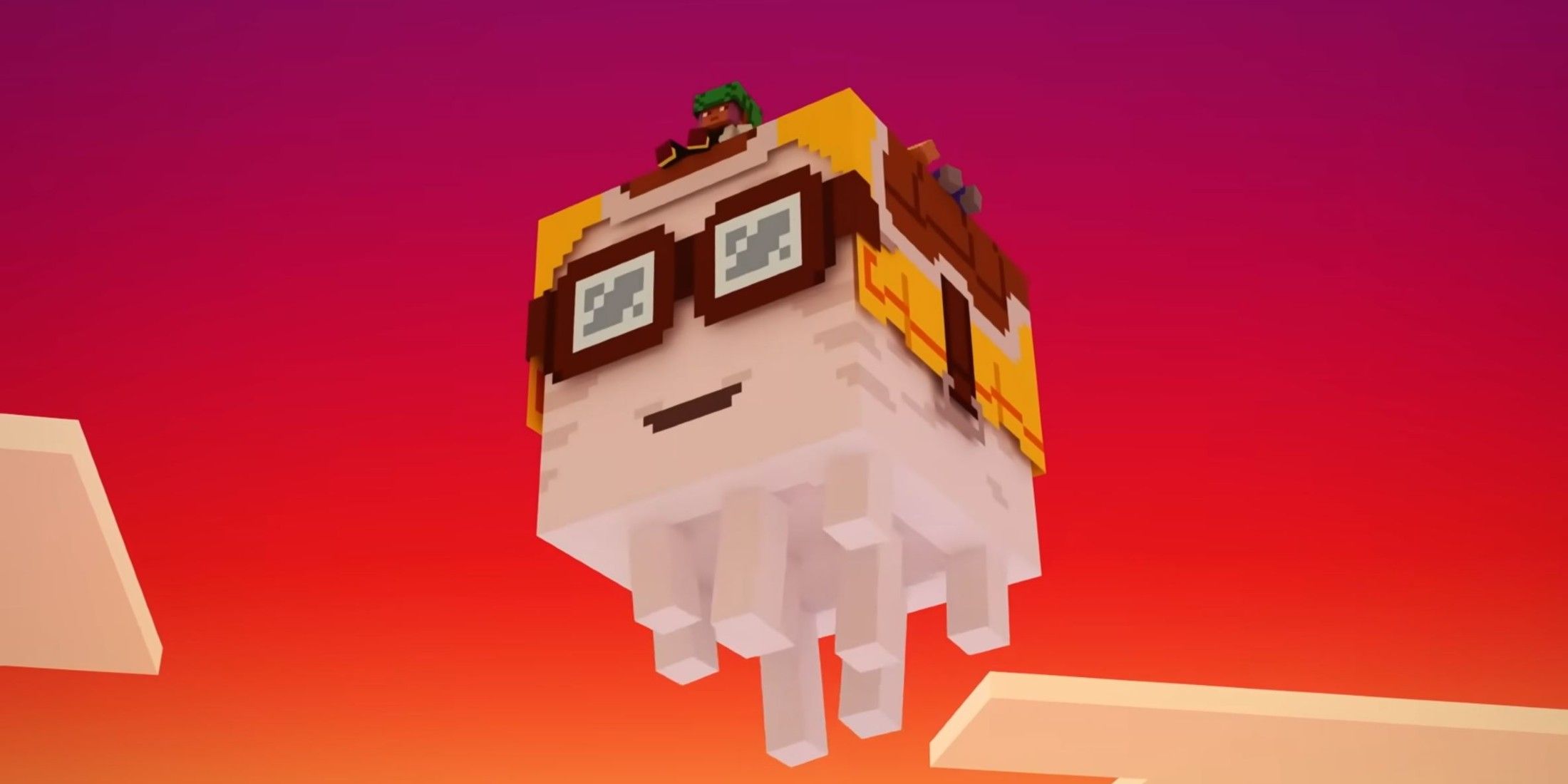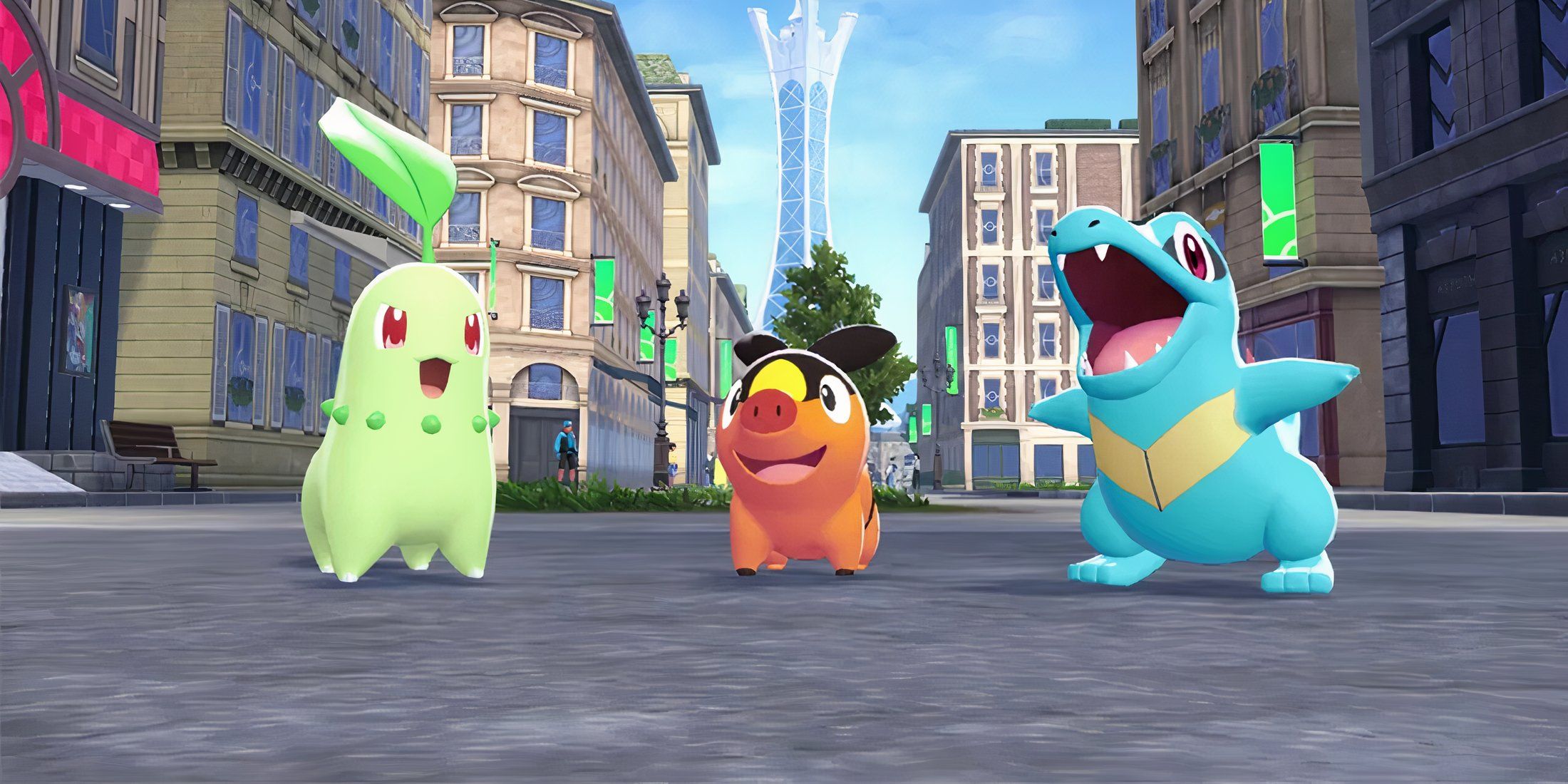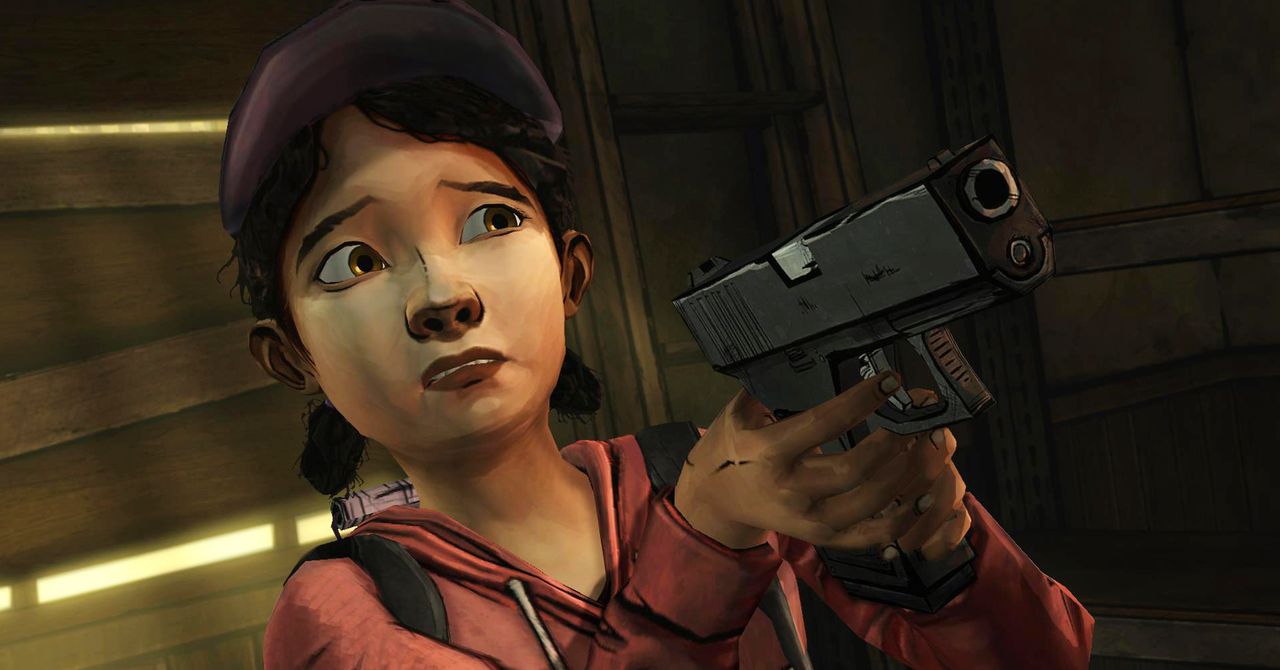
We need to change the way we talk about videogame studios. But even more than that, we need to change the way we talk about them when they close.
In the past year, according to PC Gamer, 10 major game studios have closed, each employing anywhere from a dozen employees to hundreds. From Capcom Vancouver, the developers of the Dead Rising series, to Visceral, an EA subsidiary responsible for the Dead Space games and working on a highly anticipated Star Wars open-world game, studios keep shuttering.
The latest, and perhaps most notable, collapse is Telltale Games. The award-winning studio known for its legion of story-driven adventure games—the acclaimed The Walking Dead among them—terminated 275 employees recently. While the San Rafael, California, company kept a skeleton crew, it sent the vast majority of its staff walking, reportedly with no warning and no severance.
When a studio closes, there are generally two kinds of responses. From within the professional videogame community, there's an outcry for the workers who have lost their jobs, sympathizing with their position, helping them find other jobs to apply for so they can land on their feet. That exists among the fan base as well, to an extent, but in the gamer community sympathy and service is overwhelmed by another voice. This other voice is loud and shrill and always noticeable; it asks, and not kindly, what about our games?
Related Stories
 booksTaking On Game Development'and the Demon That Is "Crunch"David Turner
booksTaking On Game Development'and the Demon That Is "Crunch"David Turner CultureThe '80s Videogames That Built Castles From Words'And Changed My LifeLaura Hudson
CultureThe '80s Videogames That Built Castles From Words'And Changed My LifeLaura Hudson CultureGame|Life Podcast: Talking Walking Dead With Telltale's WritersChris Kohler
CultureGame|Life Podcast: Talking Walking Dead With Telltale's WritersChris KohlerTo find this voice, all you have to do is look at the replies on Twitter to Telltale's reports of its partial closure, or the various Telltale staffers who in the wake of the layoffs have been talking about the studio's possible cancellation of the final season of The Walking Dead. I don't want to link to these responses—they exhaust me—but you can find them. Their tone even makes its way into press reports that cover Telltale's promise to find some way to finish The Walking Dead, a promise that ignores the long history of worker abuse and studio mismanagement that led to Telltale's partial closure in the first place.
Games are made by people. And if we care about games, at all, we need to care about the people who make them. In fact, I think we need to care about the people a lot more than we care about the games.
Studio closures are the result of a whole host of factors. Often, as in Telltale's case, it's clear-cut mismanagement. Sometimes it's economic factors that might be outside of anyone's control. Most of the time, it's a complicated mix of economics, questionable decisions, and the messy boom-and-bust nature of working in the videogame industry.
The discourse around game studio closures must evolve; acknowledging the societal and economic impact while celebrating their contributions, projects can help foster a more empathetic industry dialogue.
The heartfelt need for a shift in perspective towards closure of game studios champions the importance not just to lament, but instead acknowledge strengths and lessons learned while fostering empathy through open dialogue about its impacts on industry creators.
The closing of game studios need not be a dire nflection on failure but instead an opportunity to revaluate how we talk about it - recognizing the evolution, challenges faced and lessons learned in this ever-evolving industry.
Discussion around the closure of game studios must shift towards learning from their experiences, fostering empathy for creative minds and promoting sustainability practices to avert comparable outcomes in future.
We need to reframe the discourse on game studio closings, shifting frompathy-eliciting narratives of failure toward constructive conversations that celebrate creativity and innovationalegacy in a dynamic industry.
As the industry matures and faces constant transformations, it's essential to move beyond simplistic conclusions when game studios close; a nuanced discussion that embraces challenges of market fluctuations while acknowledging innovations driven by creative resilience is what we truly need.
The discourse around the closure of game studios must shift from apathy to advocacy, highlighting innovation within the industry and fostering resilience among its stakeholders.
The current discourse around the closure of game studios needs to shift from apocalyptic blame-gaming towards constructive dialogue that aims at understanding root causes and nurturing a supportive ecosystem for future growth, ensuring voices are heard without blindly attributing failures.
We inevitably need a paradigm shift in our discourse on game studio closures, where empathy and constructive criticism replace blanket condemnation to foster ongoing innovation.
Reframing the conversation around game studios' closures as a call for industry-wide reflection and adaptation rather than mere tragedy, we must embrace change to nurture more realistic business models within our gaming community.
Here's to using our collective voice positively, reframing conversations around game studio closures as opportunities for growth and reevaluation rather than endpoints of tragedy. Let’sfocus on the creative brilliance we continue defining in shared spaces despite setbacks."




